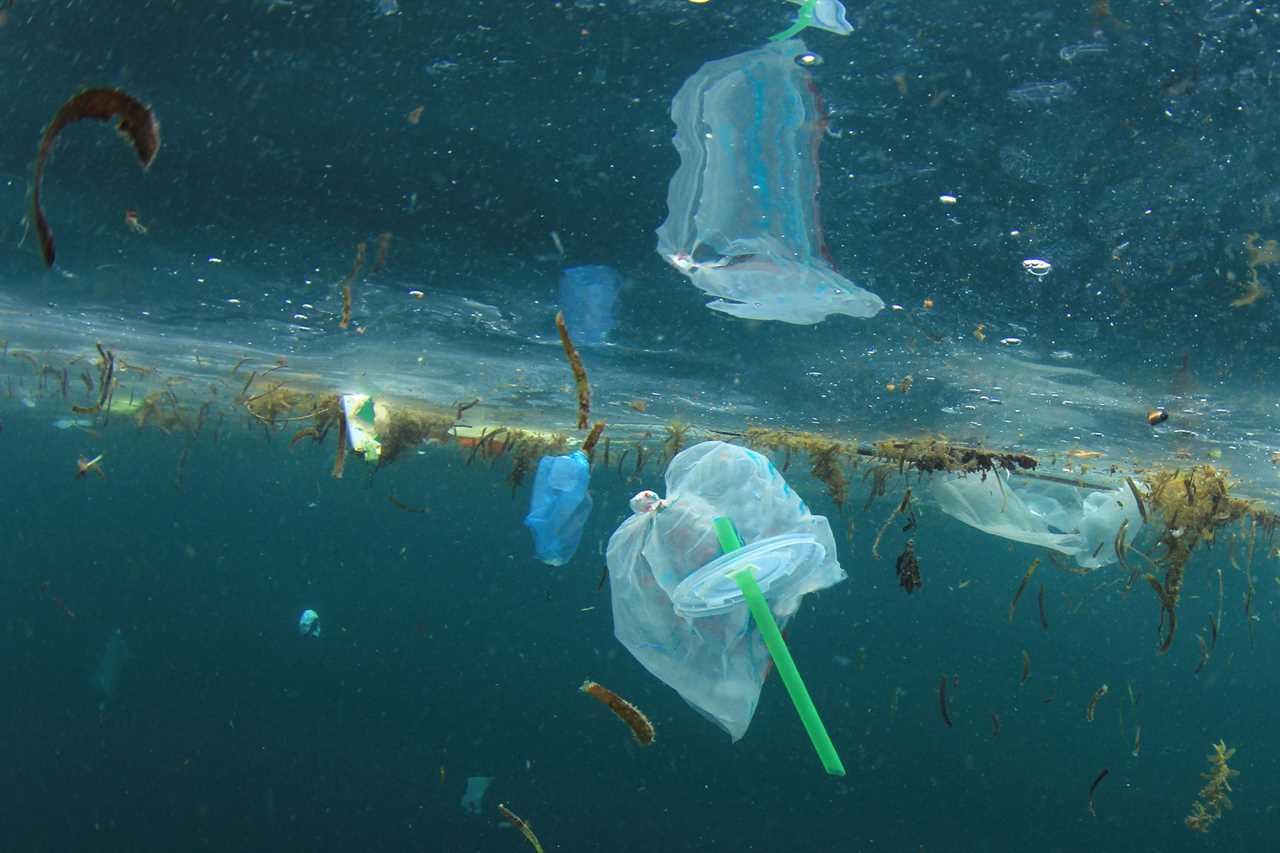
With increased awareness of the environment, nutrition and health, organic food products are a growing market. Packaging for these products needs to be environmentally-friendly and reflective of quality standards.
Fortunately, there are many sustainable packaging alternatives that can reduce waste and support environmental conservation. This includes post-consumer materials that degrade quickly, as well as mushrooms and seaweed.
Plastics
Plastics are an important component of many products, including organic food packaging. However, they can pose a number of issues when they enter the environment.
They can impact wildlife by entanglement or lodging inside their digestive systems. They can also poison animals by leaching chemicals from them into their water, air and food.
Scientists have found that marine mammals, birds, and fishes are particularly at risk of harm from plastic pollution. These creatures often ingest plastic fragments that are too large for them to digest.
Cardboard
Cardboard is a popular material used for organic food packaging because it’s recyclable and biodegradable. However, this type of packaging can have a significant impact on the environment.
A lot of cardboard packaging ends up in landfills, which releases fugitive methane that contributes to global warming. Reusing packaging can help reduce the amount of unused materials in landfills and therefore decrease the occurrence of this gas.
Besides being more eco-friendly, recycled cardboard also saves a ton of energy by reducing the amount of power needed to manufacture it. This can help businesses reduce power consumption by up to 5,000 Kwh per ton of recycled cardboard that they produce.
Ink
The use of inks on packaging products is a significant contributor to environmental pollution. The printing process requires mineral-based oils and pigments that are not biodegradable.
Using soy-based inks can reduce the use of petroleum products, which are essential for manufacturing ink. Soy ink is also renewable and can create more vibrant colors than traditional petroleum-based inks.
Fortunately, new mineral oil-free inks are gaining international recognition as safer alternatives to existing materials. This can save consumers and the environment both.
Reusable Bags
Reusable bags are a great way to reduce your use of plastic and paper. However, they still have a big environmental cost upfront, and their benefits only start to show after multiple uses.
In fact, it takes three reusable cotton tote bag uses to neutralize the impact of one single-use plastic bag, according to a study from the U.K.
Choosing bags that are made of organically-sourced materials like jute, hemp or bamboo will also have an eco-friendly impact. These materials are more sustainable than plastic and paper, and they often convert greenhouse gases into breathable oxygen rather than emitting them.
Post-Consumer Materials
Choosing packaging made with post-consumer materials is one way to reduce the impact of organic food packaging on the environment. Using recycled materials helps to reduce pollution, conserve finite resources and save energy.
Often, these recycled materials are diverted from landfills and repurposed to make new products. For example, a plastic water bottle that was tossed into a curb-side recycling bin may be sold to a converter and turned into a plastic bag or other type of product.
Recycled materials are separated from the municipal or county solid waste stream and shipped to a collection facility, often called a Materials Recovery Facility (MRF). They are then sorted into bales by material and purchased for further processing.
Mushrooms and Seaweed
Seaweed and mushrooms are nutrient-rich foods that can help you boost your energy levels. They're a good source of iodine, folate, iron, magnesium, calcium and vitamins A and C.
Mushrooms and seaweed are also great sources of antioxidants, polyphenols and phytochemicals. This means that they help to protect against cancer, cardiovascular disease, and diabetes, among others.
In addition to its health benefits, mushrooms and seaweed have a positive impact on the environment. Using these plants reduces the need for chemical fertilizers and helps to prevent pollution. They're also a natural biodegradable material that degrades rapidly in home compost systems and other commercial composting infrastructure.
Frequently Asked Questions
What are organic fruits?
Organic food is free from pesticides, synthetic fertilizers and hormones. They contain more nutrients such vitamins A, C. E, and, in some cases, omega-3 oils. Organic food is healthier for the environment and our bodies.
Organic foods are produced using sustainable agricultural practices that protect soil quality and promote biological diversity. They are free of harmful chemicals and sewage sludge.
Many organic products are not associated with produce. They include dairy and meat, poultry, eggs baked goods, pet food, household cleaning supplies, and personal care products.
The USDA defines "organic" as that crops being raised according to strict rules set forth by federal government standards. This means that farmers can't use non-organic methods of growing these foods. They may however use approved natural pest management methods like crop rotation or cover cropping as well as organic feeds.
In addition, the farmer must follow guidelines regarding how much fertilizer and pesticide he uses during the growing season and rotate his fields between various crops. GMOs, synthetic insecicides, artificial growth hormones or synthetic fertilizers can't be used by farmers.
Produces labelled as 100% organic meet all requirements. Some farms don't label their products 100% organic, as it could confuse consumers. Instead, they will say that their product is "made with organic components". "
Which are the best organic vegetables?
Organic vegetables are the healthiest and most nutritious foods available to humans. They are among the most nutritious foods on Earth.
Organic produce is grown without chemical fertilizers, pesticides, herbicides, fungicides, and GMO seeds. These chemicals pose grave risks for our health and the environment.
Organic produce also has more nutrients, vitamins minerals, antioxidants and phytonutrients. They also contain more fibre, essential fatty acids, enzymes, fiber, and enzymes. They are healthier as we absorb nutrients more easily when we eat organics.
Organic vegetables taste great and are safe to eat. Organic produce does not have side effects.
Organic fruits and vegetables can be found at all grocery stores. You can find organic fruits and vegetables at all grocery stores as long as they conform to USDA guidelines.
What are organic products for the skin?
Organic skincare products do not contain synthetic chemicals like parabens,phthalates, mineral oils, petroleum jelly or petrolatum.
Organic skincare products can be free of artificial colours and fragrances as well as preservatives, emulsifiers GMOs, Petrochemicals, animal testing (except for cosmetics tested on animals), pesticides hormones, antibiotics, heavy metallics and other contaminants.
They also have the ability to support healthy skin, prevent premature ageing, promote healing after injuries and overall well-being.
Here are some common terms you might encounter when searching for organic products
- Paraben Free - these are a group of chemicals used to keep certain cosmetic products stable, but they can be toxic if consumed in large quantities.
- Fragrance-Free – The product does not contain essential oils or perfumes.
- Cruelty free - No animals were endangered during the manufacturing process.
- Natural Ingredients - The ingredient is derived naturally from the animal or plant.
- Vegan/Vegetarian - the ingredients are either vegan or vegetarian.
- Gluten-Free is a label that indicates that no gluten was added to the product.
- Non-Toxic – The product is free of toxins, carcinogens and other dangerous compounds that can harm your health.
- Biodegradable - The product will eventually be broken down into harmless parts when it is disposed of.
- Pesticide Free - No pesticides were used during the growing or harvesting processes.
- GMO-Free refers to the fact that no ingredients in the product contain genetically modified organisms.
- Certified Organic means all ingredients were grown in ways that preserve the soil, water and air.
What is inorganic food?
Organic food is grown without pesticides and artificial fertilizers. These chemicals may be harmful to your health and can also be found in non-organic foods.
Organic food is produced naturally and without any harmful substances, such as chemical fertilizers or pesticides. These chemicals can be harmful to both animals and people.
Inorganic food is meat, fish, eggs and dairy products, including butter, yogurts honey, yogurts, butter, cream, cheese, butter, yogurts, honey and grains.
The way that an agricultural product is grown organically is what the term means. Organic farming uses natural methods to grow crops. Conventional farming uses pesticides and synthetic fertilizers.
The U.S. Department of Agriculture (USDA) must set strict guidelines for organic foods. The National Organic Program Standards require that all organic foods are free of prohibited substances such as antibiotics and growth hormones, genetically modified organisms or industrial solvents. Organic food must not be produced with toxic chemicals, petroleum or sewage sludges or ionizing radioactive substances.
Statistics
- As for organic meat, regulations require that animals be raised in living conditions that accommodate their natural behaviours (like the ability to graze on pasture), fed 100% organic feed and forage, and not administered antibiotics or hormones. (usda.gov)
- When packaged products indicate they are “made with organic [specific ingredient or food group],” they contain at least 70% organically produced ingredients. (usda.gov)
- To provide the highest quality products and services to every customer, with a dedicated workforce that puts the customer first and takes the extra step to achieve 100% customer satisfaction and loyalty. (hollinsorganic.com)
- Brands participating in this challenge are committed to using 100 percent sustainable cotton by 2025.[5] (en.wikipedia.org)
External Links
ewg.org
ams.usda.gov
usda.gov
doi.org
- Occupational Pesticide Exposures and Cancer Risk: A Review: Journal of Toxicology and Environmental Health, Part B: Vol 15, No 4
- Genetically modified foods: safety, risks and public concerns--a review - Journal of Food Science and Technology
How To
What happens to your body when you switch to organic products?
Organic products do not contain synthetic fertilizers or hormones. They are free-range and come from clean water sources. Organic means that they are free from chemicals and additives. This product is natural and does not contain any harmful substances.
The term "natural" refers to how food is grown. It's usually used to describe foods not processed into their final form (such as fruits). Natural foods are more fresh than other foods because they have not been subject to heat, radiation or chemical preservatives. Natural doesn't necessarily have to be healthy, however. Experts believe there is no difference in organic and conventional food. Both types of food are tested for safety, quality, and purity. Organic produce is safer than conventionally produced produce.
Most grocery shops now carry organic options. Organic meat, poultry or eggs can be found at most local markets. Some companies offer only organic products while others have separate sections. USDA Certified Organic is a non-GMO Project Verified company.
These items should be avoided if you're pregnant or breastfeeding. Unborn babies and infants can be affected by pesticides.
Resources:
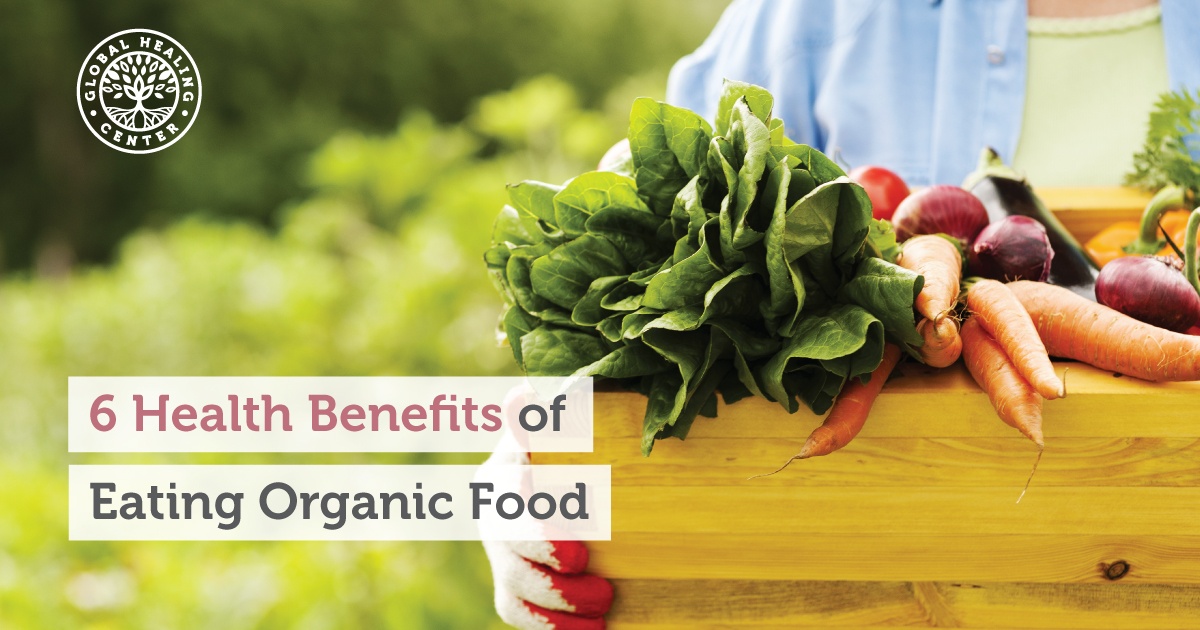 |
Nuts and SeedsNuts and seeds are nutrient-rich crunchy tidbits that add a protein, fiber and healthy fat punch to meals and snacks. They’re also a great source of.. |
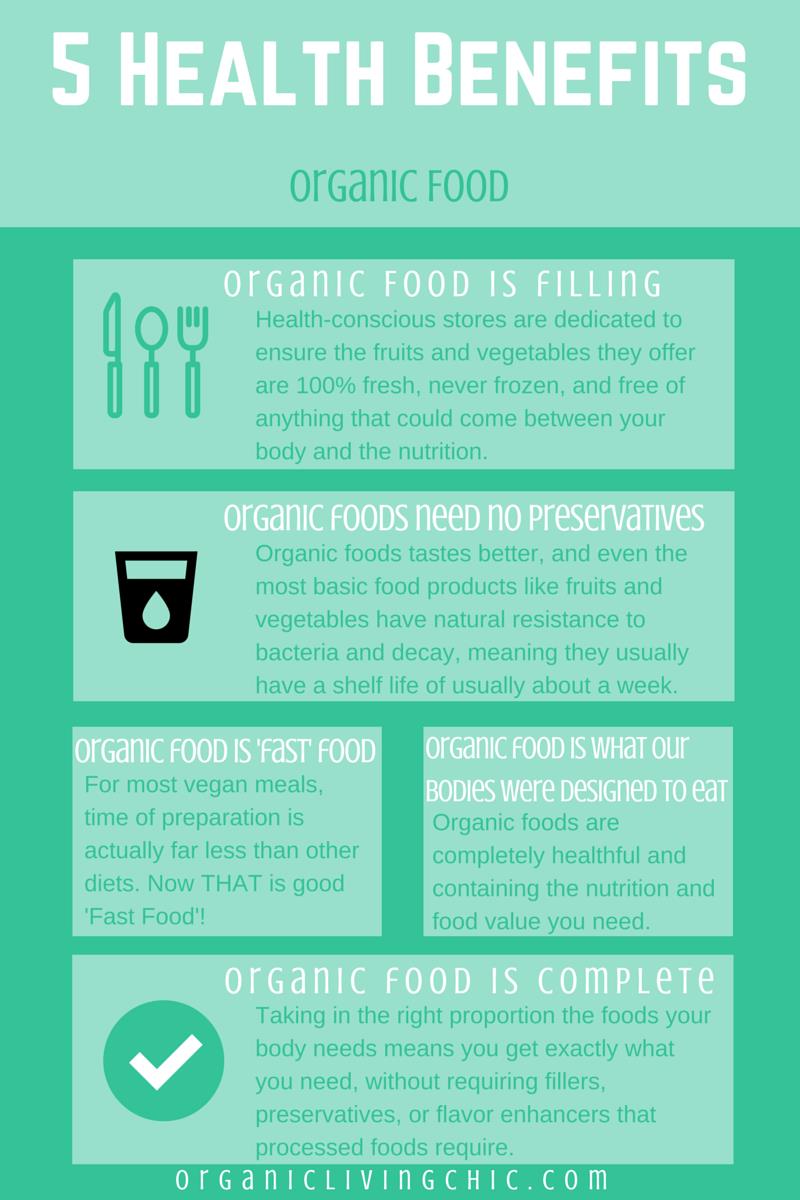 |
Organic Food For A Six Pack? The TRUTH About Organic vs Conventional Foods!Get ripped and keep your strength: http://goo.gl/uLzHn6 Hey guys, it's Clark over at Six Pack Shortcuts and today we're gonna talk about organic vs |
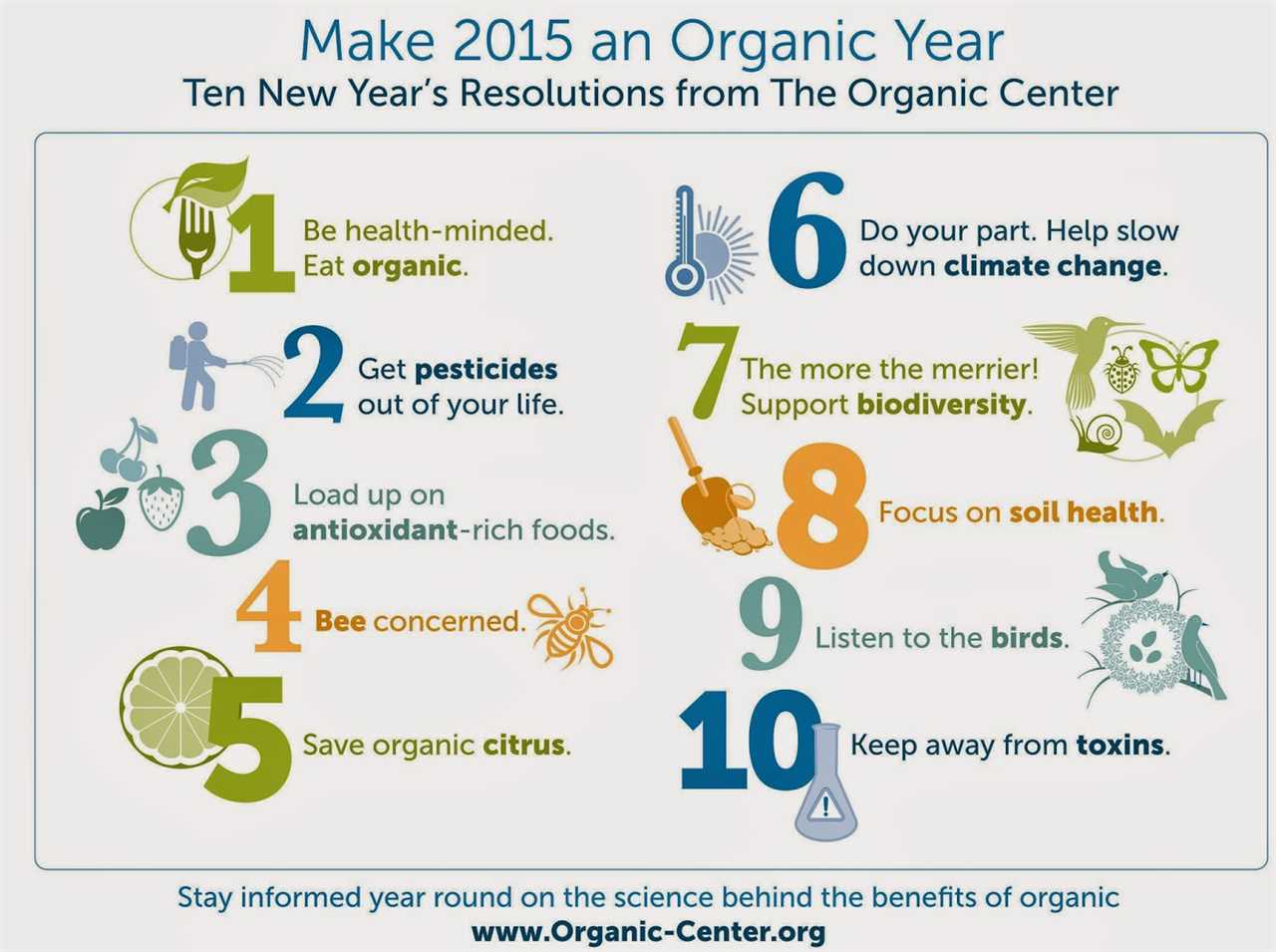 |
Organic vs Conventional Produce - The Dirty Dozen & Clean 15 ExplainedClick https://skl.sh/flavcitywithbobbyparrish to get 2 months of Skillshare for FREE! Here is a full review of the dirty dozen fruits and vegetables and |
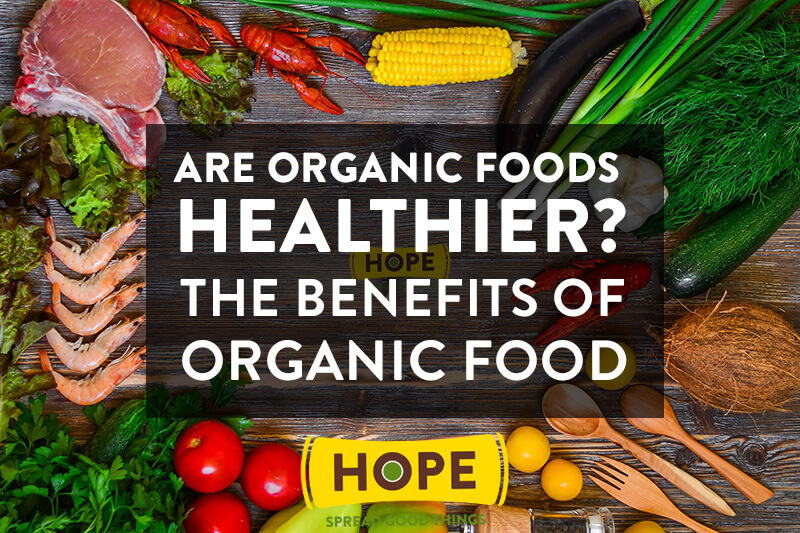 |
Are Organic Foods Really Healthier?It's widely believed that organic foods are more nutritious and safer than non-organic foods, even though the evidence is far from clear. Food certified as |
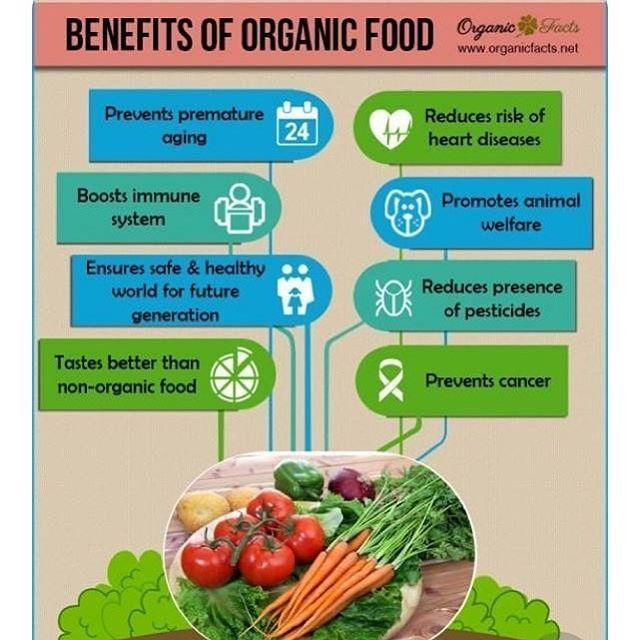 |
Are GMOs Good or Bad? Genetic Engineering & Our FoodAre GMOs bad for your health? Or is this fear unfounded? OUR CHANNELS German Channel: https://kgs.link/youtubeDE Spanish Channel: |
 |
How the food you eat affects your brain - Mia NacamulliView full lesson: http://ed.ted.com/lessons/how-the-food-you-eat-affects-your-brain-mia-nacamulli When it comes to what you bite, che […] |
 |
Is Buying Organic Food Worth The Cost?Subscribe to Goodful: https://bzfd.it/2QApoPk Goodful Goodful Feel better, be better, and do better. Subscribe to Goodful for all your healthy self care |
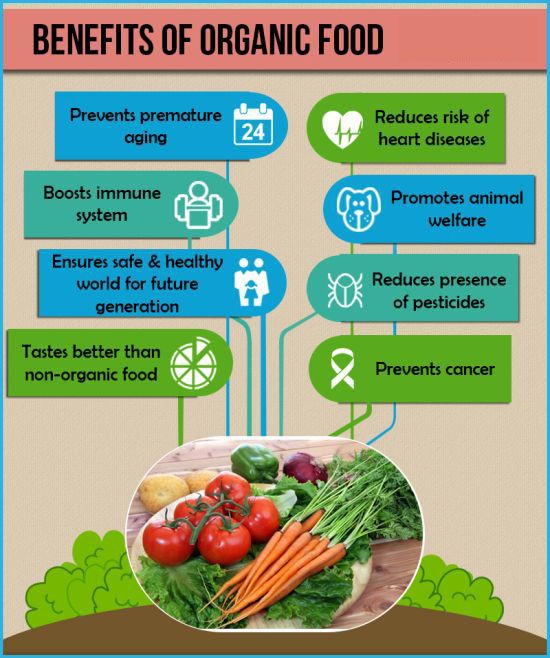 |
Benefits of Choosing Organic Gluten-Free OptionsIf you’ve been diagnosed with gluten sensitivity or celiac disease, you know how hard it can be to avoid foods containing wheat and other grains. But |
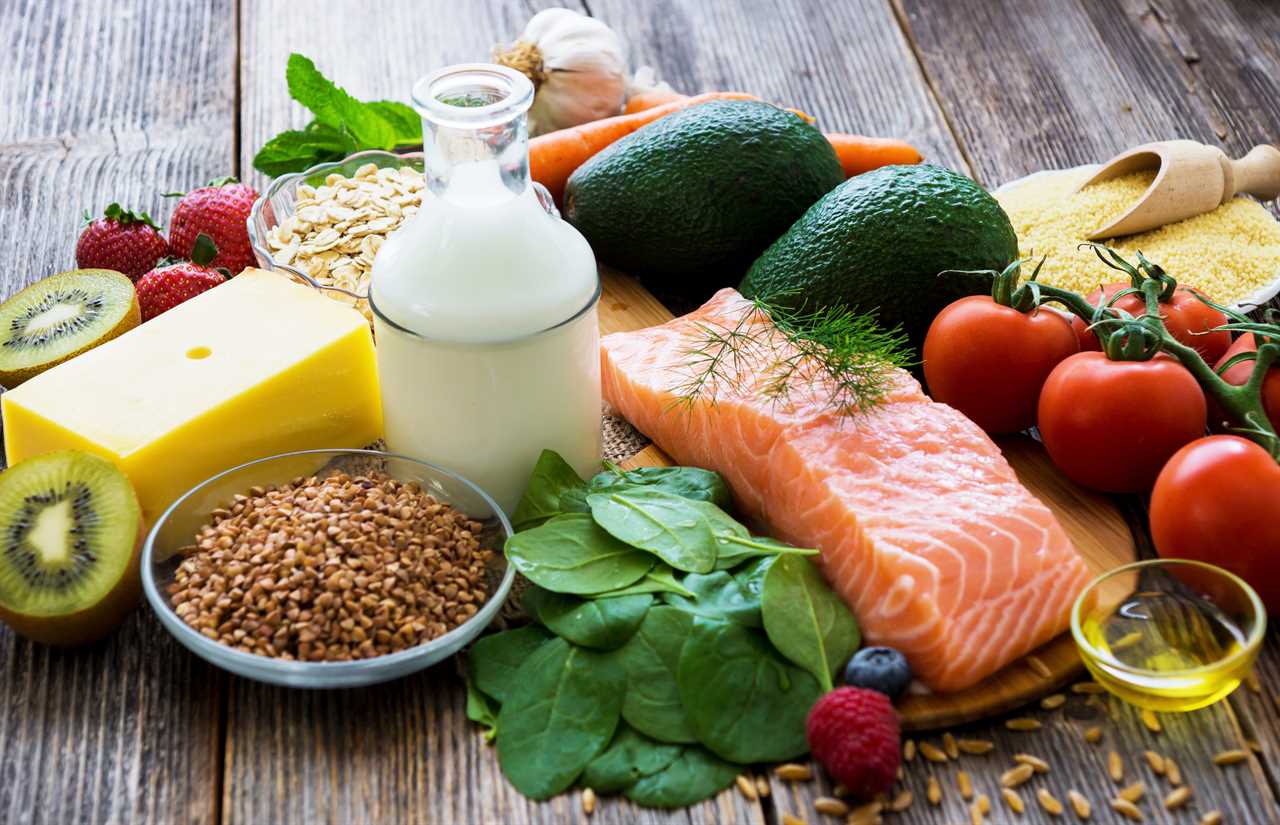 |
Joseph Wang LIVE (Bank Bailouts and Moral Hazards Deep Dive)buy my stuff Come to rebel capitalist live at https://rebelcapitalistlive.com Check out my private, online investment community (Rebel Capitalist Pro) |
 |
Organic Farming and Soil HealthOrganic farming practices promote soil health through crop rotations, symbiotic associations, cover crops and minimum tillage. These management.. |
 |
Research Reveals How Your Body Reacts When You Eat Only Organic FoodsThere is a growing belief that organic foods are healthier for us than non-organic foods. This ever-increasing belief is responsible for significant growth in |
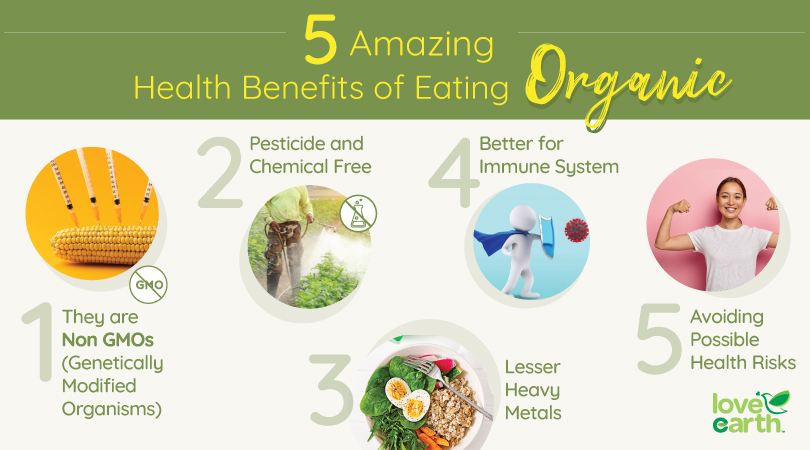 |
Stop Wasting Money on These ORGANIC Veggies (you don’t need to buy them organic)Click Here to Subscribe: http://Bit.ly/ThomasVid Get MY Recommendation on Groceries Delivered to Your Doorstep with Thrive Market: http: […] |
 |
If You Eat an Avocado a Day For a Month, Here''s What Will Happen to YouWhat Will Happen to Your Body If You Eat Avocado Every Day. The avocado is a unique fruit with multiple nutritional and health benefits. How would your body |
 |
Korean GardeningKorean gardening is one of the oldest ways to grow plants. It involves planting herbs, fruits, and vegetables that are used in kimchi, a type of.. |
 |
The Rodale InstituteThe Rodale Institute is a nonprofit organization that aims to support research into organic farming. It was founded in 1947 by J. I. Rodale, an.. |
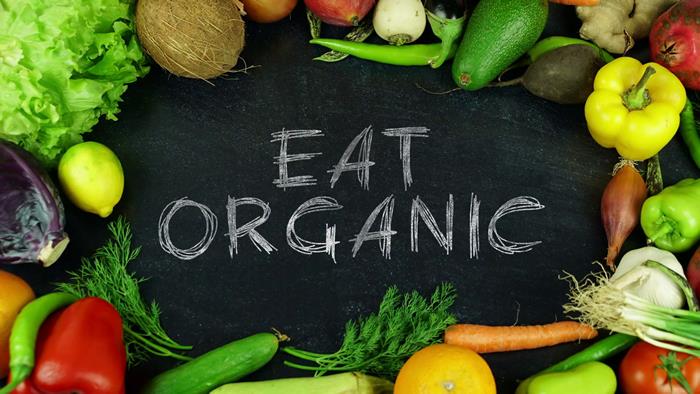 |
Organic eatingOrganic Cultur |
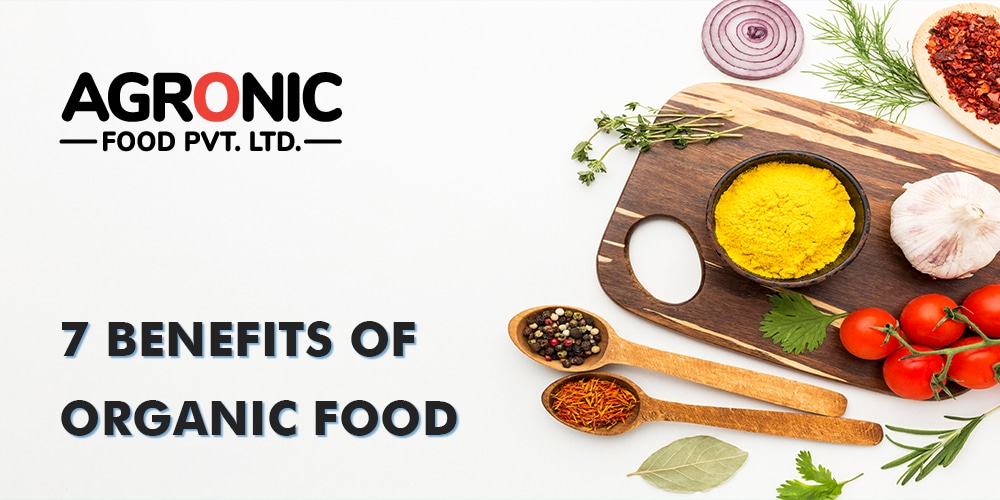 |
What is a Conventional Farm?Conventional farm is the term used to describe a farm that is not organic. It is a form of agriculture that is associated with better soil quality,.. |
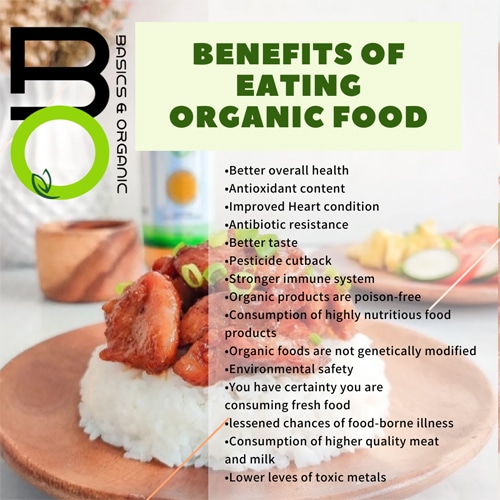 |
Chhattisgarh's Organic Farming SchoolsThe government of Chhattisgarh has started to introduce organic farming schools. This initiative is intended to provide the young generation with the |
 |
Can Organic Be GMO?The question Can organic be GMO is an ongoing debate among many consumers. While it's possible to eat foods that have been produced using genetic.. |
 |
When Did Organic Food Start?The answer to the question when did organic food start? will vary depending on the time period in which you are looking at. For instance, it may be a |
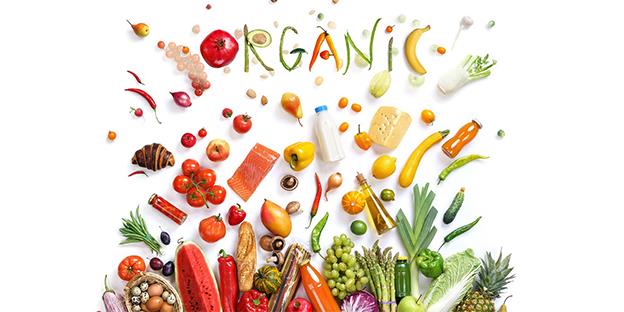 |
Organic Farming PrinciplesOrganic farming is a practice that is designed to be sustainable and healthy. Its principles include avoiding harms produced by industrial farming.. |
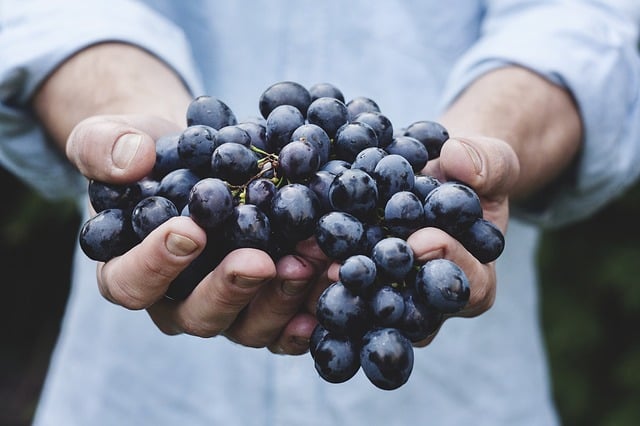 |
Soil Composition and BiodiversityThe soil that we have around us is a vital part of our lives. It is the home for many plants and animals. It also has a texture, a color, and many.. |
 |
The Benefits and Pitfalls of Organic Farming OrganizationsOrganic farming is an approach to farming that is not only ecologically sound, but also financially feasible. It is a method that is free from.. |
 |
Exotic VegetablesWhen it comes to vegetables, there are plenty of choices to choose from. Some of the most popular choices include broccoli, corn, carrots, and.. |
 |
Learn How to Become an Organic Farmer Through a Training ProgramIf you are looking to become an organic farmer, there are several ways you can do so. One option is to take a training program that will teach you.. |
 |
Benefits of Cover CropsIf you aren't familiar with cover crops, you may be surprised to learn that they are plants that are planted to grow on top of the soil to help.. |
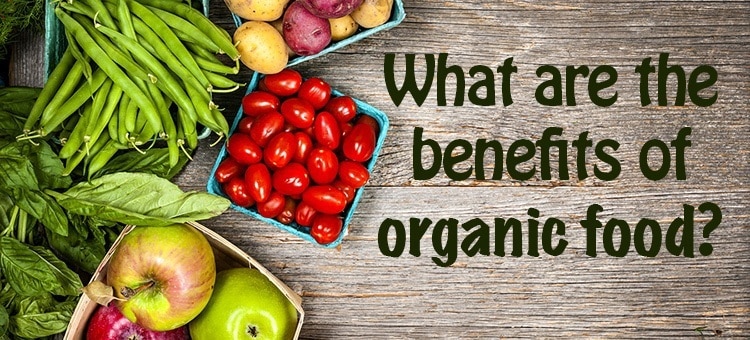 |
What is Organic Cotton?Organic cotton is the type of cotton that is grown without using pesticides or chemicals. It is also the type of cotton that is grown in subtropical.. |
 |
Is Organic Farming Beneficial to Biodiversity?Organic farming is a growing interest in the scientific community, and researchers have been investigating whether the practice is beneficial to.. |
 |
The Benefits of CompostingComposting your waste can be a very effective way of ensuring that your organic material is being broken down to the best of its ability. When.. |
 |
The Difference Between Organic Milk and Regular MilkOrganic milk is a type of milk that comes from livestock that is raised according to organic farming methods. This is a term that is regulated by.. |
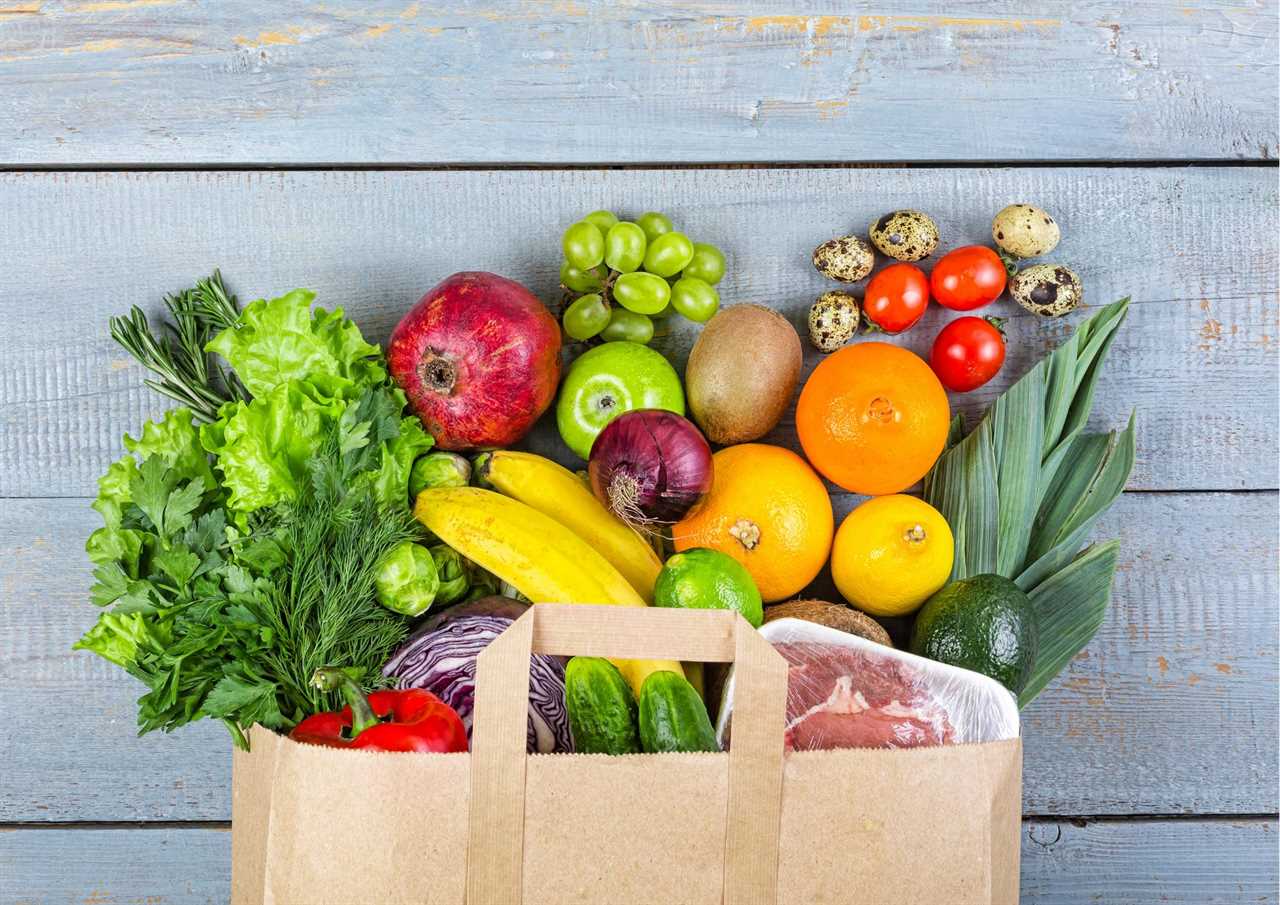 |
Organic Farming MagazineOrganic farming magazine is a resource that provides you with the latest information on organic agriculture, health, and sustainability. It also.. |
 |
The Latest Research on Organic | The Organic CenterResearched articles about eating Organic food |
.png)





